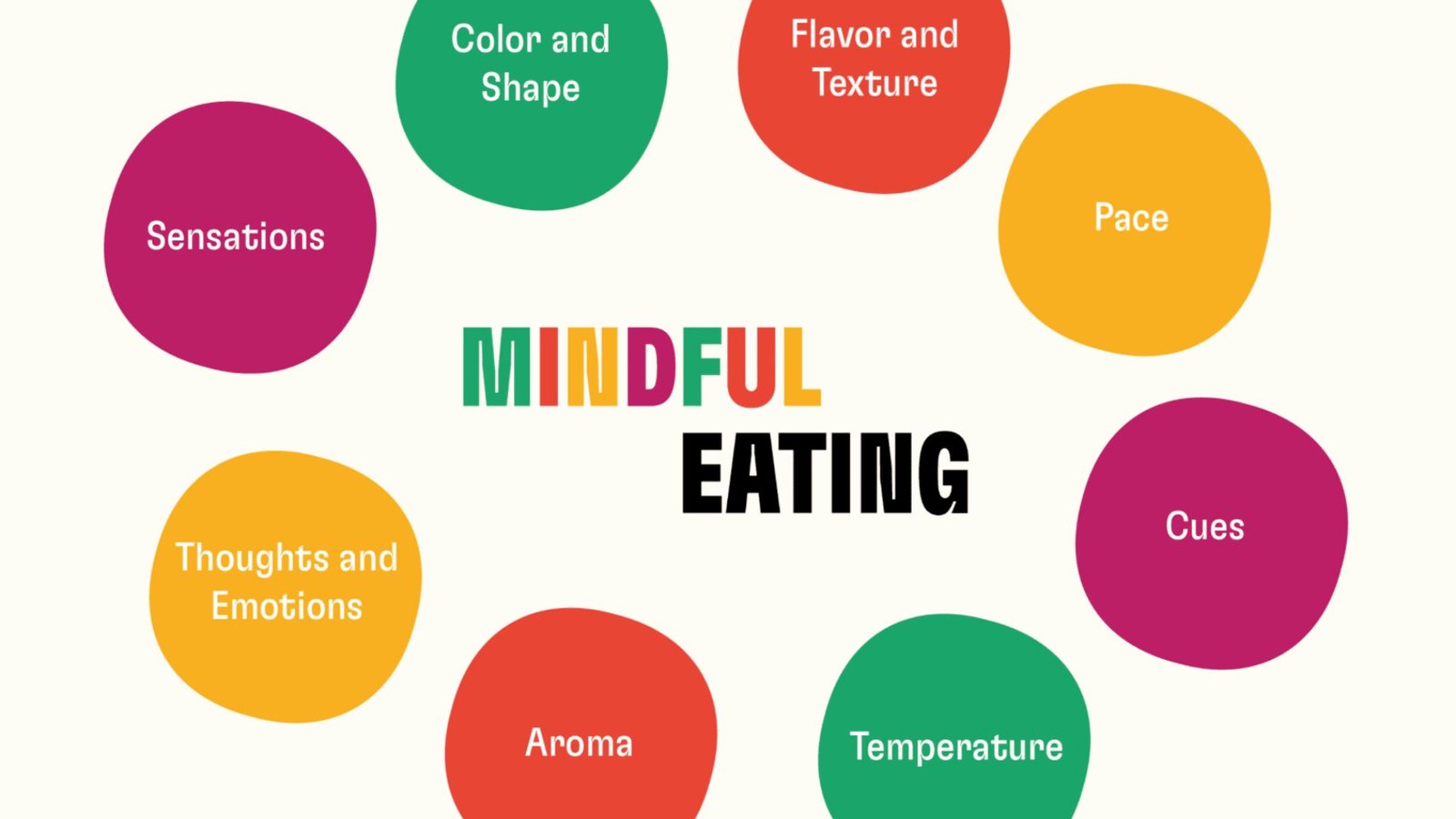Weight loss is a topic surrounded by numerous myths and misconceptions, often leading to confusion and frustration. Understanding what is true and what is not is crucial for developing an effective and healthy weight loss strategy. This article aims to debunk common myths about weight loss, offering clarity and evidence-based insights.

Common Weight Loss Myths
Myth 1: All Calories Are Equal
One prevalent myth is that all calories are equal, regardless of their source. This notion oversimplifies the complex nature of metabolism and nutrition.
- The Truth: Calories from different sources have varying effects on your body. For instance, 100 calories from a piece of fruit will impact your body differently than 100 calories from a sugary snack. Nutrient-dense foods provide essential vitamins and minerals and can aid in better satiety and overall health. Thus, focusing solely on calorie count without considering nutritional quality is misleading.
Myth 2: Carbs Are the Enemy
Many believe that carbohydrates are the main culprit behind weight gain and should be eliminated from the diet. This myth oversimplifies the role of carbs in a balanced diet.
- The Truth: Carbohydrates are a vital source of energy for the body. The key is to choose the right types of carbs. Whole grains, fruits, and vegetables provide essential nutrients and fiber, which are beneficial for weight management. It is refined carbohydrates and excessive sugar that contribute to weight gain, not carbs in general. Moderation and balance are essential.
Myth 3: You Need to Exercise for Hours to Lose Weight
Another common misconception is that significant weight loss requires hours of exercise each day. This myth can discourage many from starting or maintaining a fitness routine.
- The Truth: Effective weight loss does not necessarily require excessive exercise. Consistent, moderate-intensity exercise combined with a balanced diet can lead to successful weight management. Activities such as brisk walking, cycling, or strength training, done regularly, can be very effective. Additionally, integrating physical activity into daily routines can contribute to overall health and weight loss.
Myth 4: You Can Target Fat Loss in Specific Areas
The idea of spot reduction suggests that you can lose fat from specific areas of your body by performing targeted exercises. This myth is popular but fundamentally flawed.
- The Truth: Spot reduction is not supported by scientific evidence. Fat loss occurs uniformly across the body and is primarily influenced by overall weight loss and genetics. Engaging in full-body workouts and maintaining a healthy diet are more effective strategies for reducing body fat. Targeted exercises can help tone muscles but do not specifically reduce fat in isolated areas.
Myth 5: Diet Supplements Are Essential for Weight Loss
Many people believe that diet supplements are necessary to achieve weight loss goals. This belief is often fueled by marketing claims and advertisements.
- The Truth: While some supplements may assist with weight loss, they are not a magic solution. A well-balanced diet and regular exercise are the foundations of effective weight management. Supplements should not replace these essential components. Moreover, some supplements can have side effects or interact with medications, making it important to approach them with caution and consult a healthcare provider.
Debunking Weight Loss Myths
Understanding the Science
Understanding the science behind weight loss is crucial for debunking myths and making informed decisions. Weight loss generally involves creating a calorie deficit, where you consume fewer calories than you expend. However, this process is influenced by various factors including metabolism, hormones, and overall lifestyle.
- Metabolism Matters: Metabolic rate varies from person to person, and factors such as age, muscle mass, and genetics play a role. Therefore, individual weight loss strategies may need to be tailored to each person’s unique metabolic profile.
- Balanced Approach: Embracing a balanced approach to diet and exercise, rather than focusing on restrictive or extreme measures, often yields the best results. Sustainable lifestyle changes are more effective than quick fixes or fad diets.
Practical Tips for Effective Weight Loss
Implementing practical and evidence-based strategies can help in achieving and maintaining weight loss goals.
- Set Realistic Goals: Setting achievable and realistic goals helps in maintaining motivation and making gradual progress. Avoid extreme weight loss targets or quick fixes.
- Focus on Nutrition: Prioritize a balanced diet rich in whole foods, including fruits, vegetables, lean proteins, and healthy fats. This approach supports overall health and aids in effective weight management.
- Incorporate Physical Activity: Regular physical activity, such as walking, swimming, or strength training, contributes to overall well-being and supports weight loss efforts. Find activities that you enjoy to make exercise a regular part of your life.
Conclusion
In conclusion, debunking myths about weight loss is essential for developing a successful and healthy approach to managing weight. By understanding the science behind weight loss and focusing on evidence-based practices, you can make informed decisions and achieve your weight loss goals more effectively.




